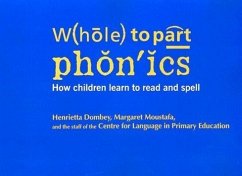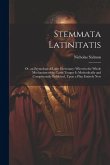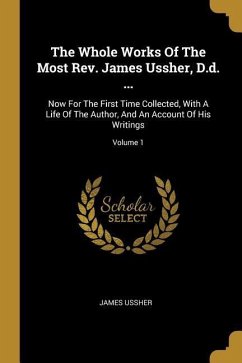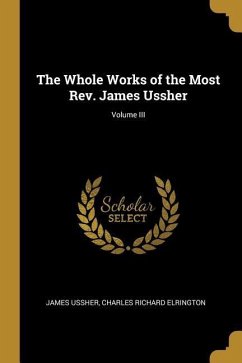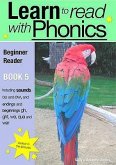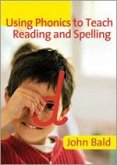Significant recent research in literacy learning casts serious doubt on the effectiveness of traditional phonics instruction. Researchers have discovered that traditional phonics, with its emphasis on letters, sounds, and words, ignores the complexity of children's natural learning processes, including children's inclination to focus first on the text, then on whole words, and then on their constituent parts. Whole to Part Phonics offers a concise, accessible introduction to this research and proven strategies for translating it into effective classroom practice.
Bitte wählen Sie Ihr Anliegen aus.
Rechnungen
Retourenschein anfordern
Bestellstatus
Storno

